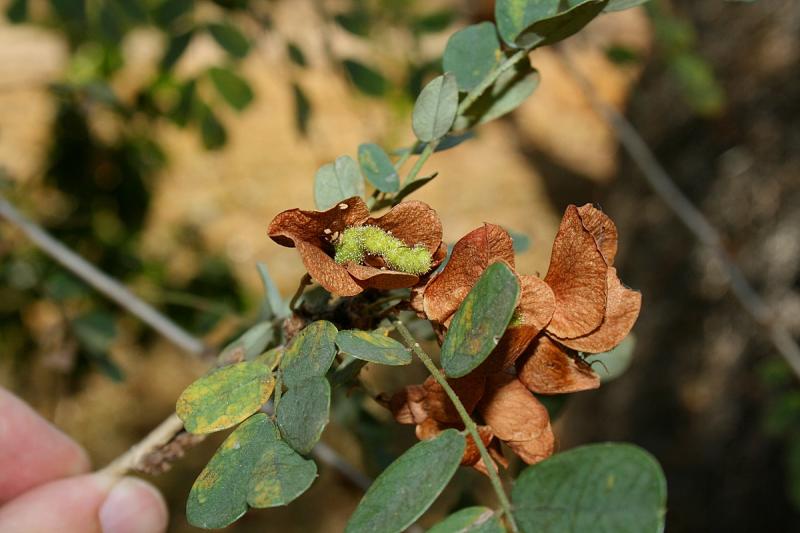×
The Standard e-Paper
Kenya's Bold Newspaper

A team of local and foreign scientists has found extracts from a tree that can kill several cancers, some which are already resistant to available medications. The shrub, scientifically known as Ormocarpum kirkii, or mkitaji in Swahili grows in most parts of the country and is used traditionally for medicinal purposes.